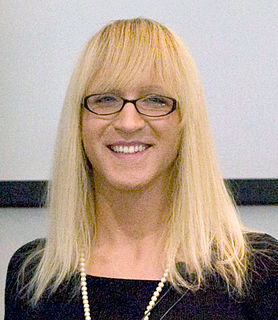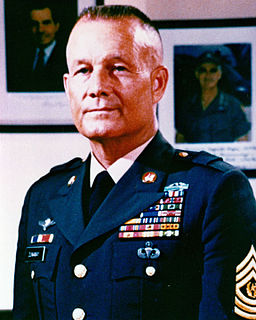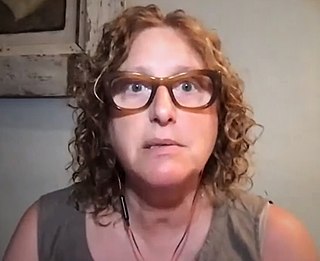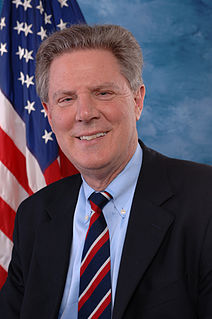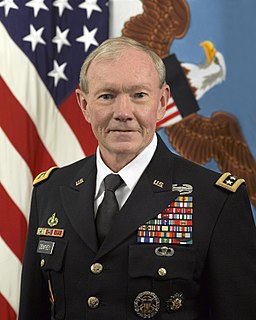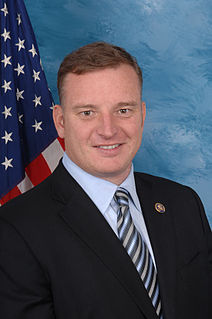A Quote by Allyson Robinson
The repeal of don't ask, don't tell didn't change things for transgender people in the military. What it has done, though, I think, is it has taught our military leaders that they don't need to be afraid of these issues.
Related Quotes
The equipment and weaponry will continually change and improve, and the size of the military will expand as needed, decreasing during times of peace. But the unyielding will of the soldier and the dedication of professional military leaders will not change. Our soldiers can do a great deal more under pressure than people think. You'd have to see them perform in combat to believe it.
On 'don't ask, don't tell' I was always the same. I said we needed a complete review of the impact on morale and battle effectiveness of 'don't ask, don't tell' before we repeal it. That's my position now. Now they're trying to ram through a repeal without a - any kind of really realistic survey done.
Things can change if the military can do a paradigm shift and gets out of the shame and coverup cycle and be a leader in our culture. In the 50s, 60s and 70s there were huge race problems in the military even more severe than the culture at large. The military saw it was detrimental and it changed and became a model to society at large.
Let me be clear: I'm a believer in a robust military, which is essential for backing up diplomacy. But the implication is that we need a balanced tool chest of diplomatic and military tools alike. Instead, we have a billionaire military and a pauper diplomacy. The U.S. military now has more people in its marching bands than the State Department has in its foreign service - and that's preposterous.
In recent years the military has gradually been eased out of political life in Turkey. The military budget is now subject to much more parliamentary scrutiny than before. The National Security Council, through which the military used to exercise influence over the government is now a purely consultative body. But Turkish society still sees the military as the guarantor of law and order. The army is trusted, held in high regard - though not by dissident liberals. When things go wrong, people expect the military to intervene, as they've intervened over and over again in Turkish history.
Of course, there is no question that Libya - and the world - will be better off with Gaddafi out of power. I, along with many other world leaders, have embraced that goal, and will actively pursue it through non-military means. But broadening our military mission to include regime change would be a mistake.
